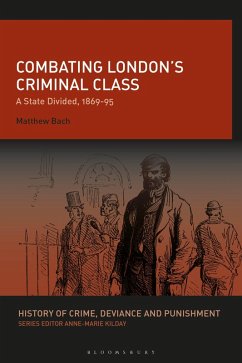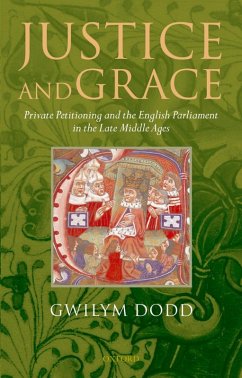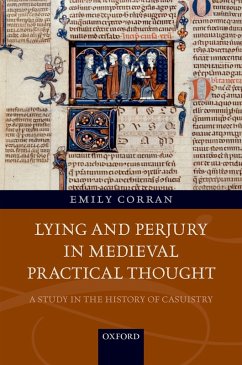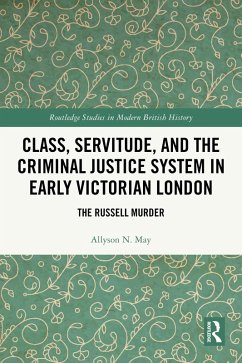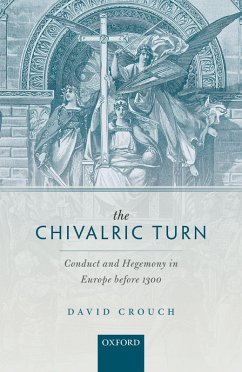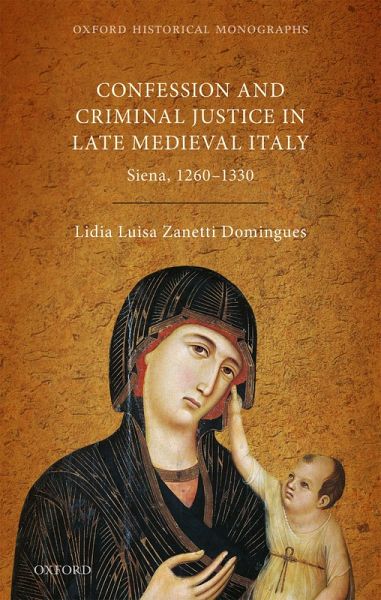
Confession and Criminal Justice in Late Medieval Italy (eBook, ePUB)
Siena, 1260-1330
Versandkostenfrei!
Sofort per Download lieferbar
38,95 €
inkl. MwSt.
Weitere Ausgaben:

PAYBACK Punkte
19 °P sammeln!
In medieval Italy the practice of revenge as criminal justice was still popular amongst members of all social classes, yet crime also was increasingly perceived as a public matter that needed to be dealt with by the government rather than private citizens. Confession and Criminal Justice in Late Medieval Italy sheds light on this contradiction through an in-depth comparison of lay and religious sources produced in Siena between 1260 and 1330 on criminal justice, conflict, and violence. Confession and Criminal Justice in Late Medieval Italy: argues that religious people were an effective pressu...
In medieval Italy the practice of revenge as criminal justice was still popular amongst members of all social classes, yet crime also was increasingly perceived as a public matter that needed to be dealt with by the government rather than private citizens. Confession and Criminal Justice in Late Medieval Italy sheds light on this contradiction through an in-depth comparison of lay and religious sources produced in Siena between 1260 and 1330 on criminal justice, conflict, and violence. Confession and Criminal Justice in Late Medieval Italy: argues that religious people were an effective pressure group with regards to criminal justice, thanks both to the literary works they produced and their direct intervention in political affairs, and that their contributions have not received the attention they deserve. It shows that the dichotomy between theories and practices of 'private' and of 'public' justice should be substituted by a framework in which three models, or discourses, of criminal justice are recognised as present in medieval Italian communes, with the addition of a specifically religious discourse based on penitential spirituality. Although the models of criminal justice were competing, they also influenced each other.
Dieser Download kann aus rechtlichen Gründen nur mit Rechnungsadresse in A, B, BG, CY, CZ, D, DK, EW, E, FIN, F, GR, HR, H, IRL, I, LT, L, LR, M, NL, PL, P, R, S, SLO, SK ausgeliefert werden.








